National cabinet: Anthony Albanese’s $3.5bn homing device and rental crackdown
Landlords will be banned from raising rents more than once a year and $3.5bn pumped into new homes under the biggest housing shake-up ‘in a generation’.
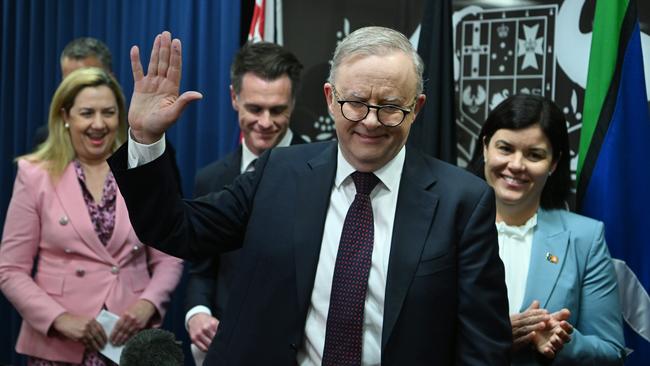
Landlords will be banned from raising rents more than once a year and $3.5bn poured into state, territory and local government coffers, under a national cabinet housing strategy giving premiers and chief ministers more influence over migration and the flow of skilled workers.
Anthony Albanese, who described the package as the “most significant reforms to housing policy in a generation”, said the federal government would establish a performance-based $3bn fund to increase the national housing accord target to 1.2 million new homes.
Under pressure from the Greens and social services advocates to strengthen renters’ rights, national cabinet agreed to move towards limiting rent increases to once a year, protecting tenants from no-fault evictions and limiting break-lease fees.
Amid dire warnings about a sharp downturn in new home starts over the next 18 months, the Prime Minister will pump billions of dollars into lifting the national housing accord target by 200,000 well-located homes over five years from mid-2024.
After decades of failure by federal, state and local governments to streamline onerous approvals, zoning and land-use rules, Mr Albanese unveiled a national planning reform blueprint to overhaul outdated planning restrictions that had crunched supply.
With the federal budget surplus on track to hit $20bn in 2022-23, the commonwealth will also bankroll a $500m housing support program for local and state governments, in addition to the $2bn social housing accelerator fund announced in June.
The failure of states and territories to keep up with the influx of migrants will be addressed through multi-year planning models addressing skills shortages.
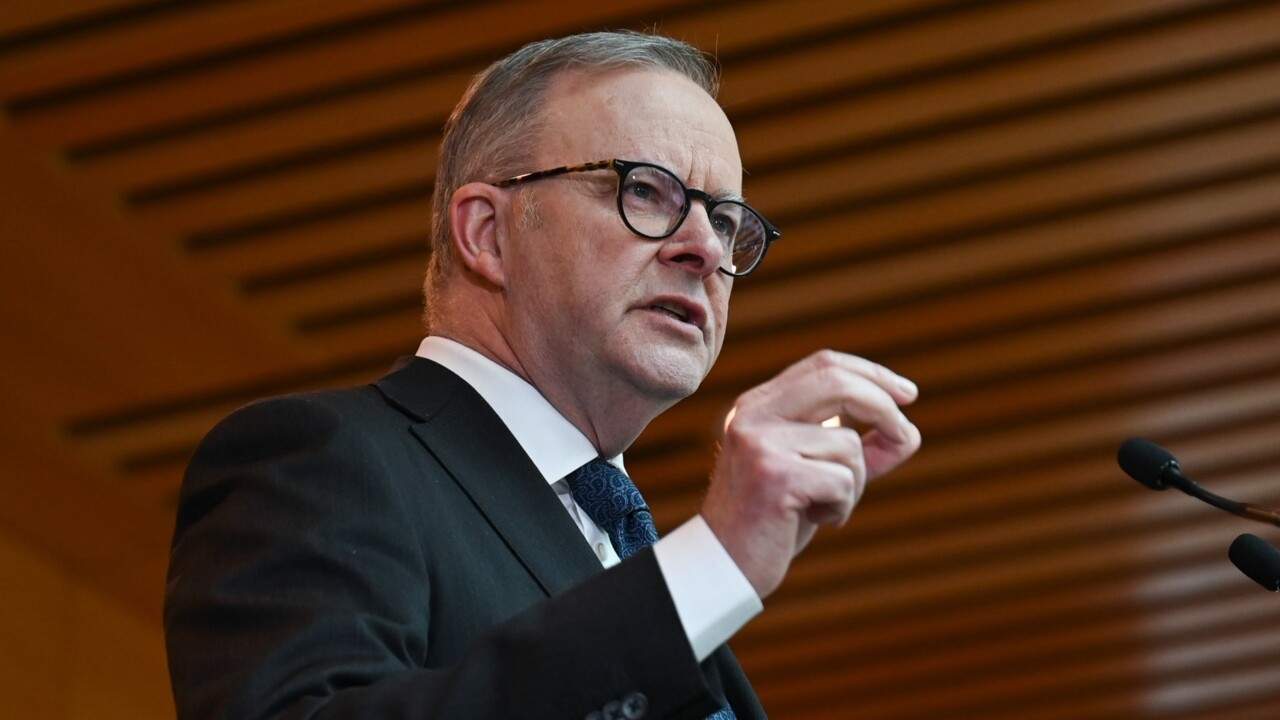
Ahead of his keynote speech at the ALP national conference on Thursday – where the CFMEU and Greens will hold mass protests attacking the government’s housing plan – Mr Albanese said premiers and chief ministers would put forward detailed plans aligning housing supply with migration. He said the $3bn New Home Bonus was an “incentive payment” delivered to states and territories when they delivered additional homes under the national housing accord.
“It’s at the end, or back ended,” the Prime Minister said.
“The original plan … was for one million new homes. An additional 200,000 homes with $3bn allows for an incentive of $15,000 per additional home over and above the one million that had previously been agreed to.”

The planning reforms – if delivered – would be a game changer for developers and property investors, with faster approvals, bigger land releases and strategic zoning decisions focused on medium and high-density housing.
The national cabinet reform blueprint promises to fast-track changes to state, regional and local strategic plans that reflect supply targets. Strengthened “call-in powers”, inclusionary zoning tied to permanent social housing and priority development in areas near public transport, amenities and employment anchor the planning blueprint.
Greens leader Adam Bandt – who is refusing to support the government’s $10bn Housing Australia Future Fund – attacked the national cabinet plan. “From now on, every unfair rent increase is Labor’s fault,” Mr Bandt said.
“Labor has every seat bar one at national cabinet, and it’s now clear Labor’s policy is for unlimited rent increases.”
Ahead of a Senate showdown in October over the HAFF, Mr Bandt said Labor was “not spending nearly enough to address the massive public housing shortfall”.
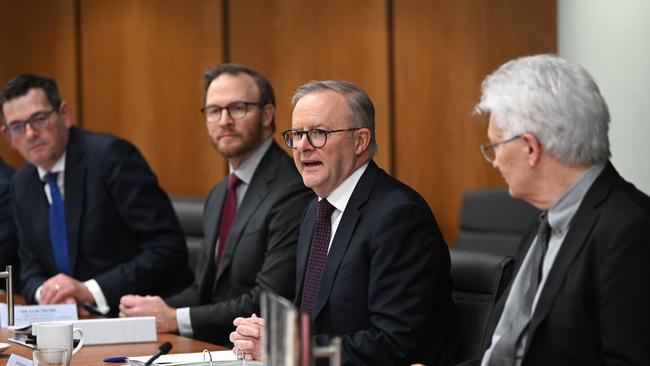
Mr Albanese said the Greens could not say they supported increased housing supply and vote against the Housing Australia Future Fund.
He also endorsed national cabinet’s focus on renters’ rights, which are predominantly controlled by state and territory governments, as making a “tangible impact for the almost one-third of Australians who rent”.
“National cabinet has agreed to a better deal for renters to harmonise and strengthen renters’ rights across Australia,” Mr Albanese said.
“This includes developing a nationally consistent policy to implement a requirement for genuine, reasonable grounds for eviction, moving towards limiting rent increases to once a year, phasing in minimal rental standards.”
With the housing accord heavily reliant on superannuation funds and big business investing in social and residential housing, Mr Albanese said Jim Chalmers, along with his state and territory treasurer counterparts, was working on measures to remove investment barriers.
“(The treasurers) have been discussing issues of financing, relating including to managed funds and how incentives could be given and how that could be encouraged,” he said. “That’s the case in general for long-term investment, not just in housing, but in infrastructure as well and that’s other work which is taking place.”
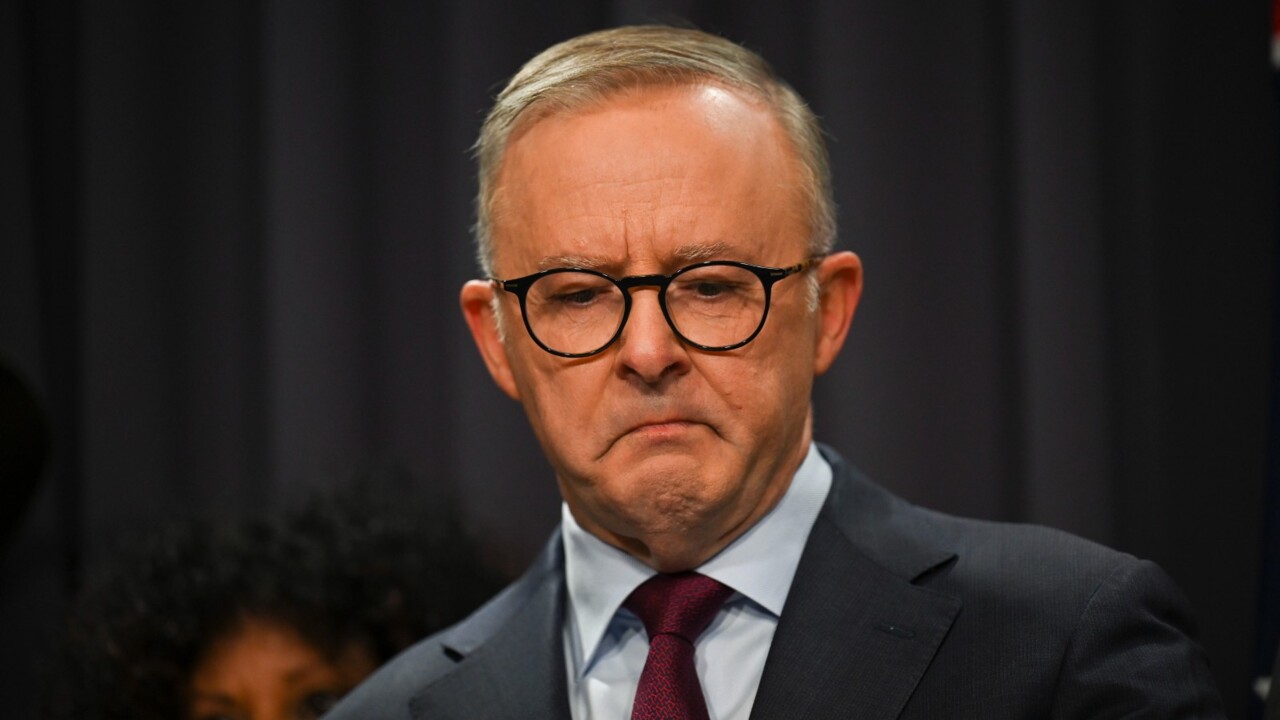
Opposition housing spokesman Michael Sukkar accused the Albanese government of “farcically plucking another arbitrary figure of 1.2 million homes over five years out of thin air”.
“With no guaranteed investment in new housing stock, no concrete plan on increasing housing supply and nothing for first home buyers struggling to get into the market, it’s clear that the Albanese government has given up,” Mr Sukkar said.
The Australian on Wednesday revealed that new Housing Industry Association forecasts showed new homes building starts would drop to 95,370 in 2024, plunging to its lowest level since 2012.
HIA deputy managing director Jocelyn Martin said the government’s target of 1.2 million homes over five years was ambitious but needed “if we are going to meet current and future demands for housing and keep housing affordable“.
Master Builders Australia chief executive Denita Wawn said the national cabinet plan was a “game-changer” that would boost housing supply.
Property Council of Australia chief executive Mike Zorbas said the body backed a “commitment to strategic and sustainable planning of our cities that accounts for population growth and aims to be agile, accountable and co-ordinated at the state and territory level”.
Business Council of Australia chief executive Jennifer Westacott said there was an “urgent need to fix planning systems that are restricting new housing supply”.
“The Prime Minister is absolutely correct when he says, ‘supply is key’,” Ms Westacott said.
“We also welcome funding to support infrastructure that facilitates housing delivery, which will also be critical in getting more housing built. Businesses have a deep interest in ensuring the availability of well- located, well-serviced and reasonably priced homes for their staff.”


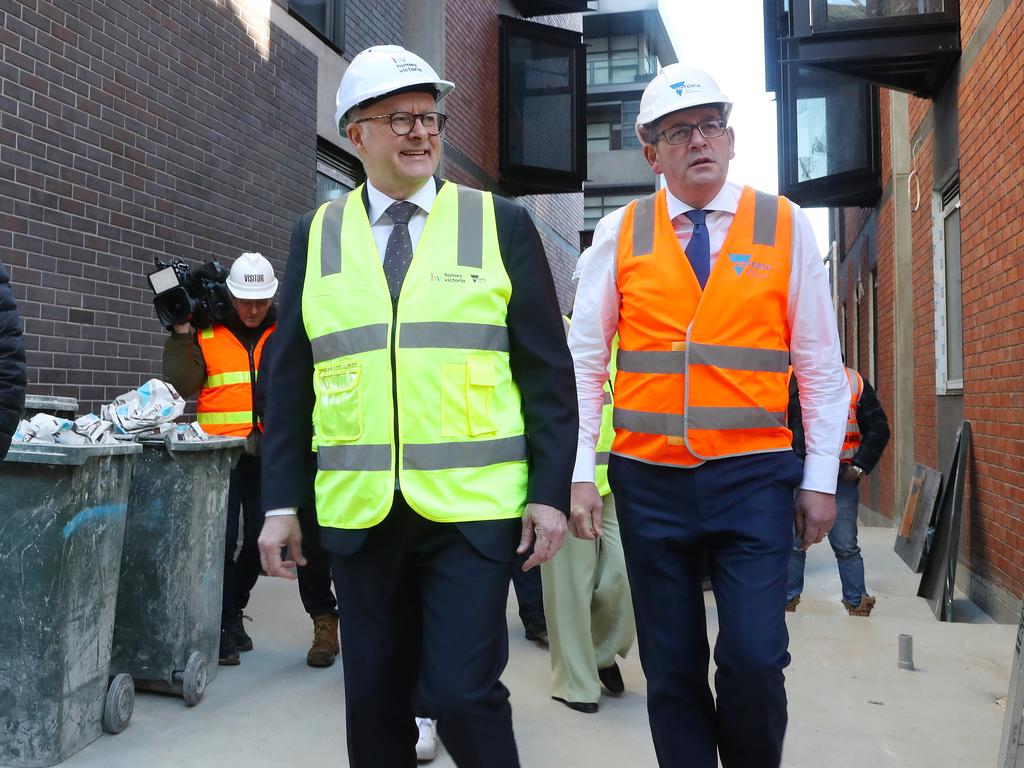
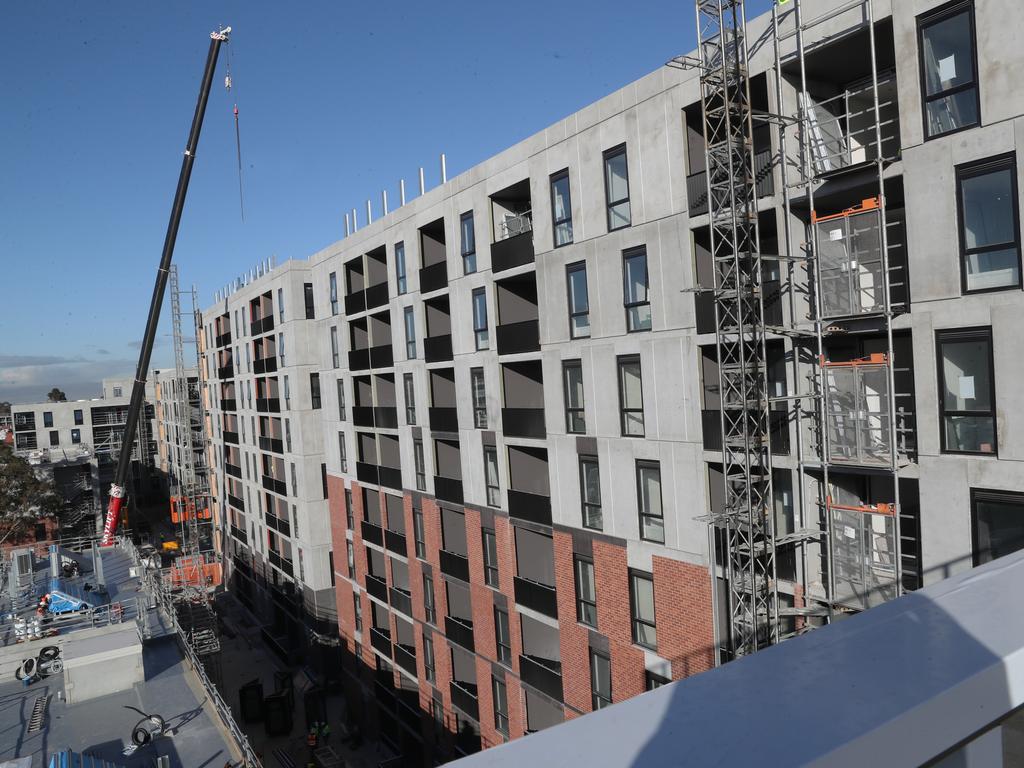

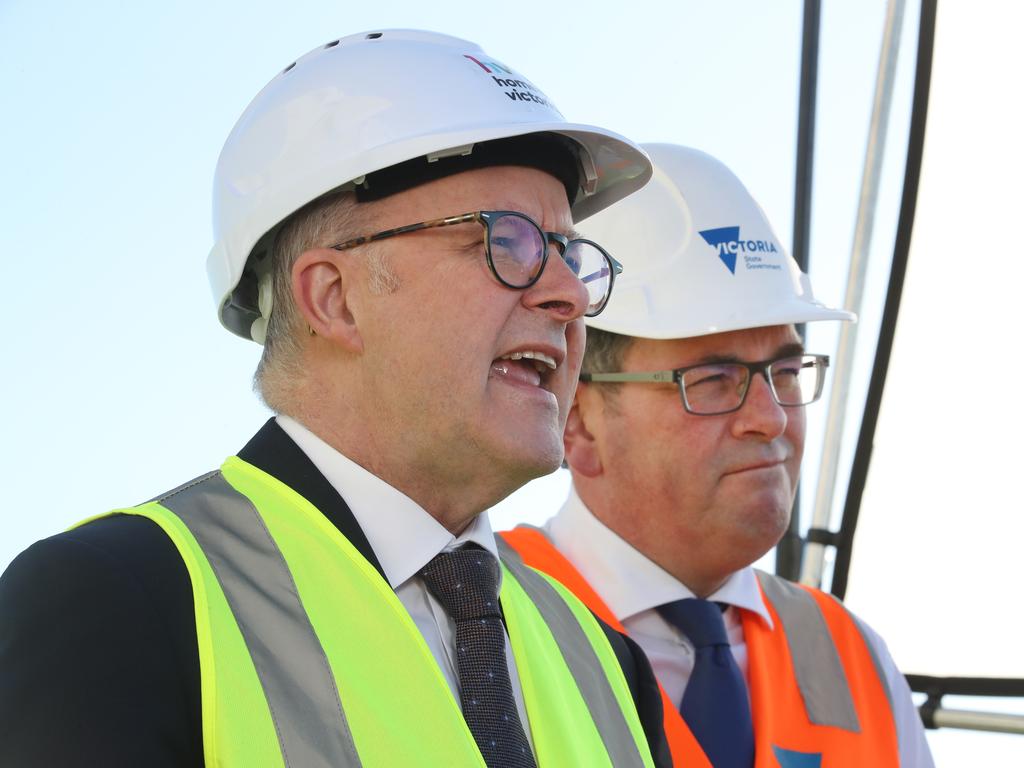


To join the conversation, please log in. Don't have an account? Register
Join the conversation, you are commenting as Logout